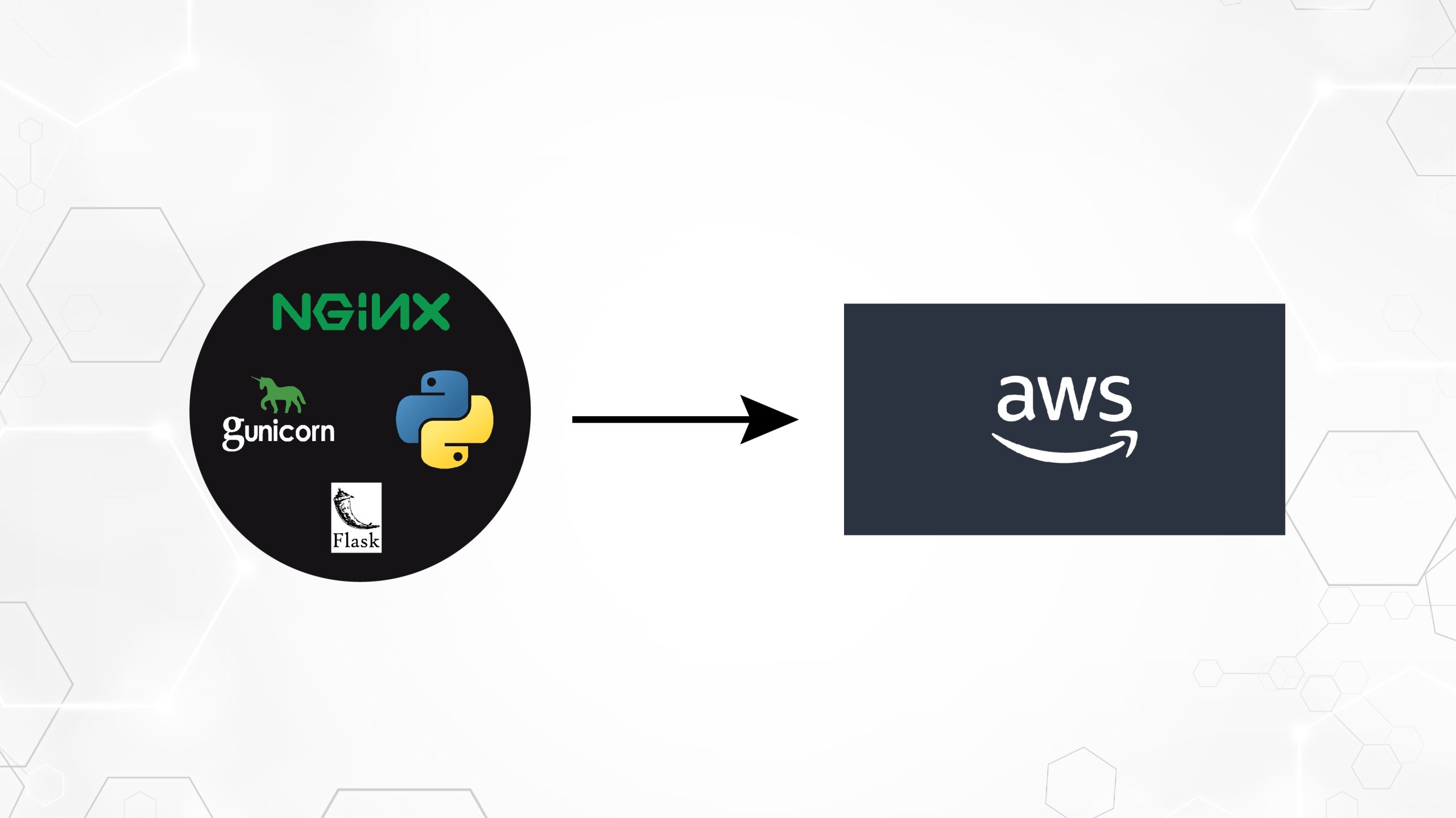Title: Becoming an AI Virtuoso: Key Strategies for Thriving in the AI Era
Introduction:
The rise of artificial intelligence (AI) has had a profound impact on various aspects of our lives, from healthcare and transportation to finance and entertainment. As AI continues to evolve and revolutionize industries, becoming knowledgeable and skilled in this field has become crucial. In this article, we will discuss key strategies for individuals to thrive in the AI era and become an AI virtuoso.
1. Understanding AI Fundamentals:
To excel in the AI field, it is essential to build a strong foundation by understanding the fundamentals. This includes grasping concepts such as machine learning, neural networks, and natural language processing. Resources like online courses, tutorials, and books can provide a solid understanding of AI principles.
2. Gain Practical Experience:
Theory alone is not sufficient. Acquiring hands-on experience is key to becoming proficient in AI. Engage in real-world projects, collaborate with experts, and work on AI-related tasks to strengthen your skills. Participate in AI competitions and contribute to open-source projects to showcase your abilities.
3. Continuously Update and Learn:
AI is a rapidly evolving field, and staying up-to-date with the latest developments is crucial. Subscribe to newsletters, follow respected researchers, attend conferences, and participate in webinars and workshops. Networking with AI professionals will offer insights into new techniques, algorithms, and best practices.
4. Develop Strong Mathematical and Statistical Skills:
AI algorithms are rooted in mathematical and statistical concepts. Building a strong foundation in calculus, linear algebra, probability theory, and statistics will allow you to comprehend and create advanced AI models. Mastering these subjects will set you apart in the AI job market.
5. Specialize in an Area of Interest:
AI encompasses various domains, such as computer vision, natural language processing, robotics, and data science. Identifying and specializing in an area of interest will make you an expert in that specific domain. Focusing on a niche field will enhance your chances of contributing significantly to AI advancements.
6. Embrace Collaborative Learning:
AI is a multidisciplinary field, and collaborating with professionals from different backgrounds can lead to unique insights. Join AI forums, engage in online discussions, and attend meetups to connect with like-minded individuals and experts. Collaborative learning fosters innovation and encourages sharing of ideas.
7. Ethical Considerations:
With great power comes great responsibility. Understanding the ethical implications of AI is crucial. Stay informed about social, moral, and privacy issues associated with AI technologies. Be proactive in ensuring that the implementation of AI systems aligns with ethical standards.
8. Develop Communication Skills:
Being proficient in AI is not enough; the ability to effectively communicate your ideas is equally important. Develop strong presentation skills to articulate complex AI concepts and findings to both technical and non-technical audiences. Clear communication will enhance your career prospects and increase your influence in the AI community.
FAQs:
Q1. Are coding skills essential to become an AI virtuoso?
AI proficiency often requires coding skills, particularly in programming languages such as Python, R, and Java. However, having a basic understanding of coding or collaborating with programmers can also be beneficial.
Q2. How long does it take to become an AI expert?
The time required to become an AI expert can vary depending on previous knowledge and learning dedication. With consistent effort and practice, one can acquire a decent level of proficiency within a year or two.
Q3. Can someone enter the AI field without a technical background?
While a technical background can be advantageous, it is not mandatory. Many AI positions require diverse skill sets, including business acumen and domain expertise. Non-technical professionals can contribute to the AI field by focusing on areas like project management, strategy, or ethical considerations.
Q4. How important is creativity in AI?
Creativity is essential in AI. Solving complex problems, designing innovative algorithms, and applying AI techniques to unfamiliar scenarios require imaginative thinking. Combining technical knowledge with creative approaches will yield groundbreaking AI solutions.
Conclusion:
Becoming an AI virtuoso requires a commitment to continuous learning, practical experience, and a deep understanding of the field’s fundamentals. By keeping up with advancements, specializing in an area of interest, and embracing collaborative learning, anyone can thrive in the AI era. Remember to always consider ethical implications and develop strong communication skills to effectively navigate this rapidly evolving field.










